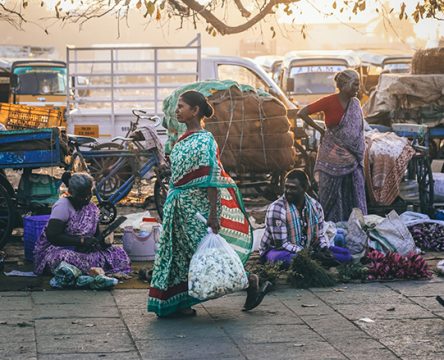In October 2013, Brunei announced the introduction of a new Islamic code – the Syariah Penal Code Order 2013 (Syariah Penal Code). The Sultan of Brunei declared on 30 April 2014 that “tomorrow, Thursday 1 May 2014, will see the enforcement of Sharia law phase one, to be followed by other phases.” The Syariah Penal Code was to be introduced over three years, in three separate phases. This prompted international criticism and condemnation, and the implementation of the second and third phases had been delayed. However, in 2019, Brunei completed the final phases on implementation of the Syariah Penal Code, with provisions deriving from the Quran and Sunnah.
The briefing outlines the key provisions LGBT people and their violation of international law. The Code criminalises consensual same-sex intimacy between men (Section 82) and between women (Section 92), punishable with death by stoning or whipping and imprisonment. Under Section 192, trans and gender diverse people are targeted with provisions criminalising “any man who dresses and poses as a woman or any woman who dresses and poses as a man in any public place without reasonable excuse” and further criminalises “any man who dresses and poses as a woman or any woman who dresses and poses as a man in any public place without reasonable excuse”
While the focus of this briefing is the criminalisation of consensual same-sex intimacy between men and between women and the gender expression of trans and gender diverse people, it is vital to situate this within the wider human rights concerns raised by the Syariah Penal Code. The violations of the rights of LGBT people enabled by the Code are indivisible from a range of abuses it promotes. In addition to the criminalisation of consensual same-sex intimacy and the gender expression of trans and gender diverse people, there are a number of other very concerning provisions relating to apostasy, abortion and extra-marital sex.
The briefing note explains the violations of international law in relation to sexual orientation and gender identity and regarding the rights of women and girls.
Download the briefing note



